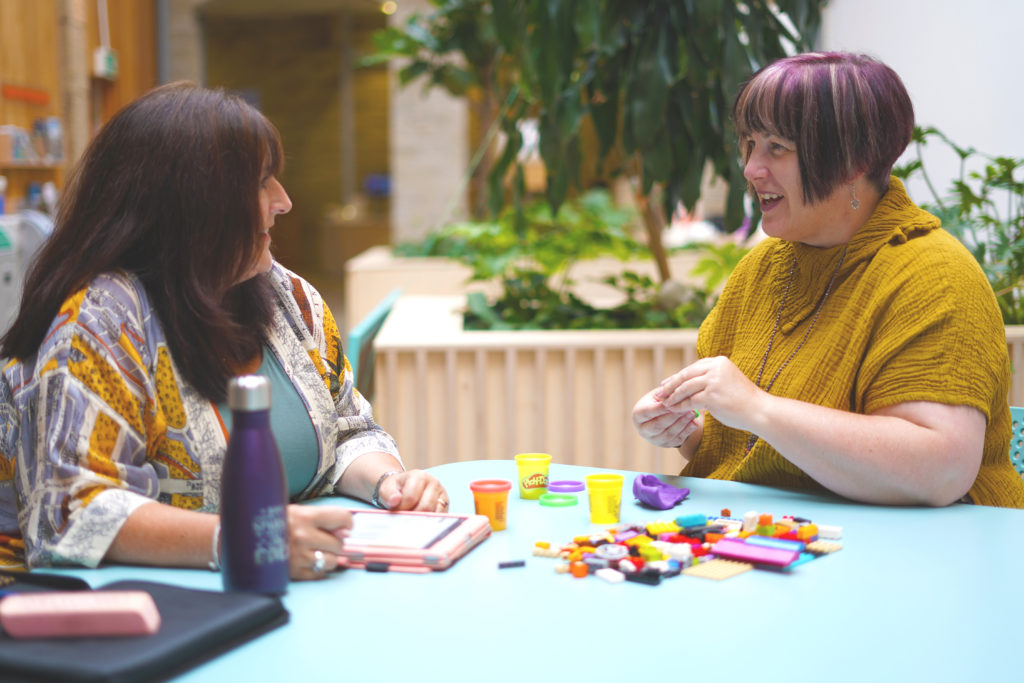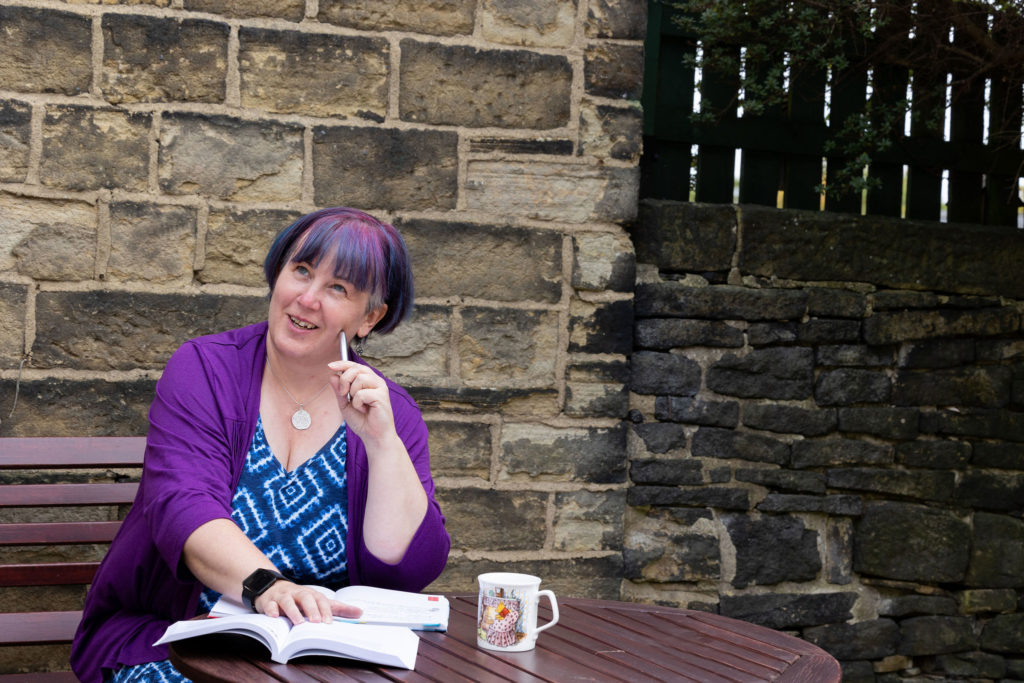Purplemoon Monthly Musing
Posted 27th August 2025
Collaboration, what's in it for me? - a Purplemoon Monthly Musing

Welcome to Purplemoon Monthly Musings.
On the final Wednesday of every month Jenny will be posting out about a theme that has been appearing in her work, or her life, across all sectors. It could be a topic that particularly resonates with you, or it might be a new concept or idea to you. Either way the aim is to give voice to some thoughts, ponder some questions and explore what this might mean to us as individuals and as a community. Jenny will always aim to credit original sources as she explores the musings title and will welcome your comments and contributions to keep the musing going! This blog is also published on LinkedIn. Follow Jenny here.
Definition: ‘the action of working with someone to produce something’
This month the musing is considering collaboration. Something that I have always considered a good thing. As someone naturally relational, the idea of collaborating with others has always been something I am drawn to. Good old fashioned ‘group work’.

However, sometimes collaboration doesn’t quite feel right, it may be that you thought the aim was collaboration, but in fact it was someone ‘telling you’ what to do or how to do it, or the other end of that spectrum, it felt like you were doing all the input and sharing all your knowledge and ideas, which the other then took. Or the key factor that you thought was at the heart of your collaboration is not what it seemed to be for others.
Collaboration can also fall down when you are collaborating with someone who is a mirror of you, that has the same strengths, experiences or knowledge base. Here you might have a really nice conversation, but the output is not quite as creative or boundary pushing as you had hoped, or the discipline of the meeting disappeared as you both conversed and went of on tangents as you are having a ‘catch up’.

So what does powerful and effective collaboration need? How can you discern it from a jolly old catch up, from information sharing or from a networking meeting? I believe it needs these five factors below:
- People with different knowledge, experience and/or opinions
- An aim for an end product/service/item
- A willingness to give and take (all your ideas might be good ideas, but not all can be utilised)
- A structure (or agreement) for moving forward, with each person willing to be responsible for something
- Time frames
What is not listed here is an agenda, as collaboration does not have to be planned and structured; spontaneous collaboration can be unexpected, productive and fun! However, for the collaboration to have a final product/service/agreement then subsequent meetings would benefit from an agenda.
For collaboration to truly succeed, it’s essential to establish a shared understanding of what success looks like. How will you, as a group or pair, know when you’ve achieved your goal? Clear, agreed-upon success criteria provide direction and help measure progress.
But success isn’t just collective, it’s also personal. Each individual brings their own internal criteria, shaped by personal motivations and needs. These may include a desire for recognition, a sense of fulfilment, or tangible rewards. Acknowledging these personal drivers isn’t selfish, it’s human. When these needs go unnamed or unmet, frustration and misalignment can arise.
That’s why effective collaboration must include space for individual success. Make it a priority to understand and validate what each person hopes to gain. By doing so, you will have an inclusive, motivated, and harmonious team dynamic.




